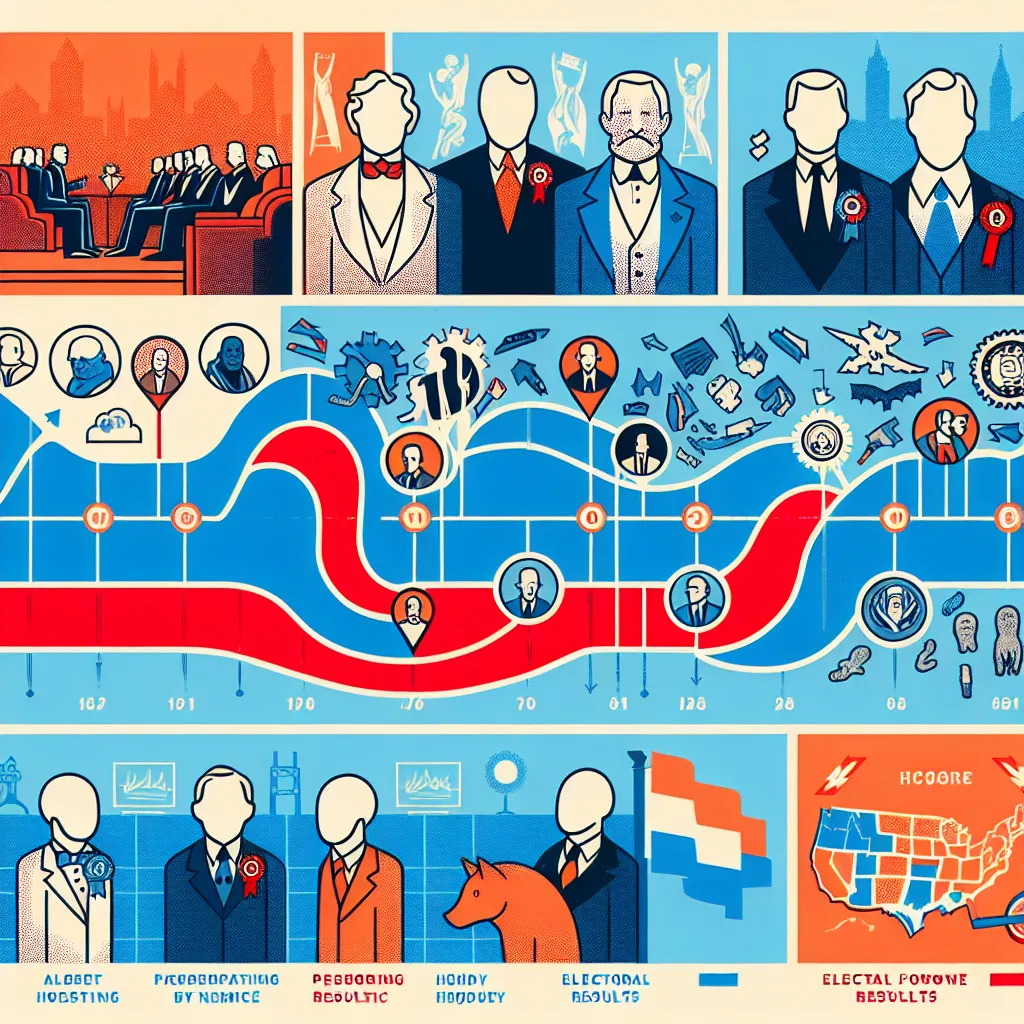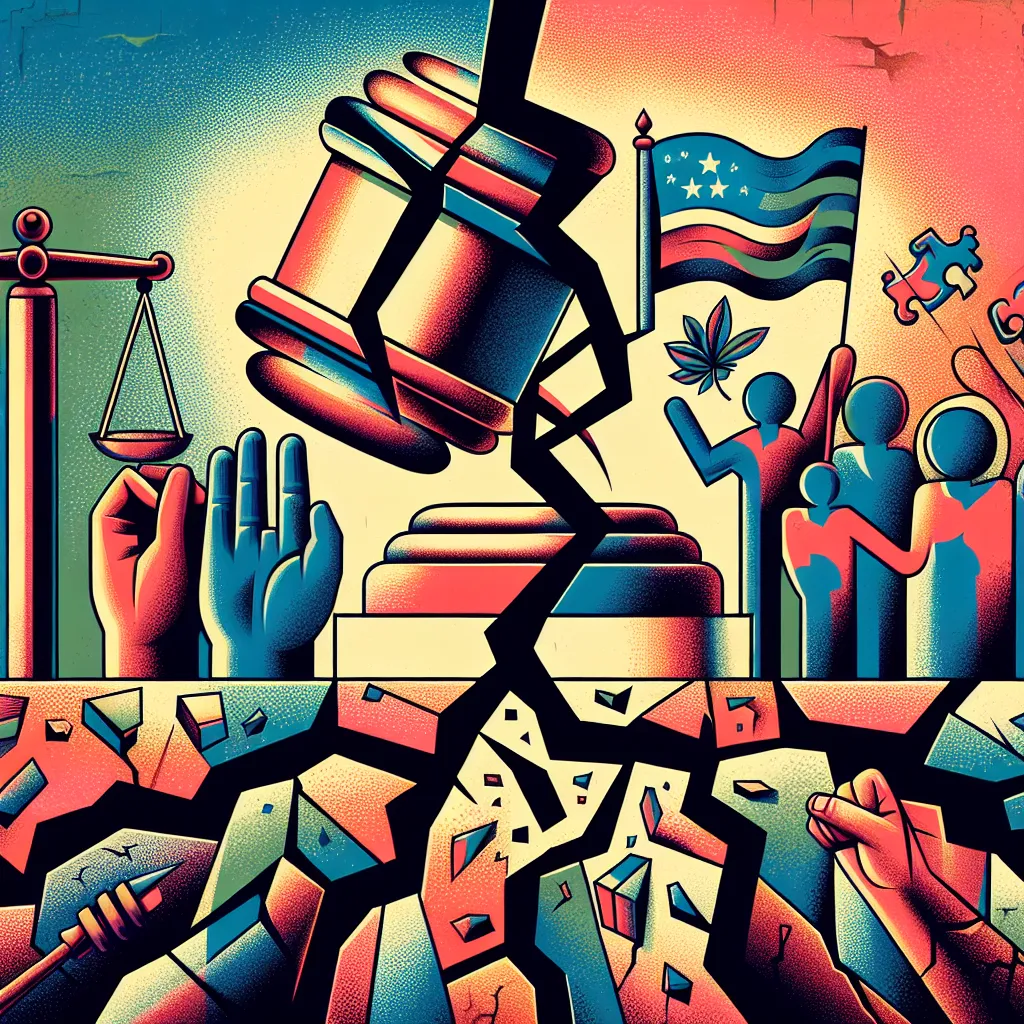Ask AI on The Internet
Question: Why did the Social Credit Party of Canada collapse?
The Social Credit Party of Canada, which was a political force in Canada during the mid-20th century, ultimately collapsed for several reasons: 1. **Leadership Issues**: The party faced significant internal strife and leadership problems. After the death of its charismatic founder, William Aberhart, and the retirement of Alberta Premier Ernest Manning, the party struggled to find cohesive and effective leadership. Subsequent leaders failed to unify the party and provide a clear direction. 2. **Ideological Shift**: The core economic policy of Social Credit, which was based on the theories of British engineer C.H. Douglas, became less relevant as Canada's economy and political landscape changed. The party's anti-establishment and monetary reform policies became out of step with the evolving needs and concerns of Canadians. 3. **Regional Isolation**: The party's primary support base was in Western Canada, particularly Alberta. It struggled to gain traction in other regions of the country, limiting its ability to influence national politics. As regional issues in the West changed, the party's support dwindled. 4. **Rise of Other Parties**: Other political parties, particularly the Progressive Conservatives and the New Democratic Party, began to address the concerns of Social Credit voters more effectively. The Progressive Conservatives became particularly adept at appealing to former Social Credit supporters by addressing similar economic and social issues but within a broader and more mainstream framework. 5. **Fragmentation and Infighting**: The party was often plagued by internal divisions and infighting. Factions within the party disagreed on policy directions and strategy, which weakened its coherence and effectiveness. 6. **Shift in Voter Base**: Over time, the issues that had driven Social Credit’s success, such as economic hardship during the Great Depression, became less central to the Canadian public. This, combined with a societal shift towards other social and economic issues, eroded the party’s traditional base. 7. **Electoral Decline**: Over successive elections, the Social Credit Party experienced a decline in voter support and parliamentary representation. This diminishing presence in the House of Commons further marginalized the party and reduced its influence and effectiveness. These factors collectively contributed to the decline and eventual collapse of the Social Credit Party of Canada, as it became increasingly unable to adapt to the changing political landscape of the country.
Think your answer is better than the AI's? Post it below.
Other Most Relevant Posts:
 Decadence and Division: Exploring Moral Decay and Social Fragmentation in *The Great Gatsby* and Today’s Political Landscape
Decadence and Division: Exploring Moral Decay and Social Fragmentation in *The Great Gatsby* and Today’s Political Landscape
Question Tags
If you want your question answered by an AI, click here.






Post your own comment: